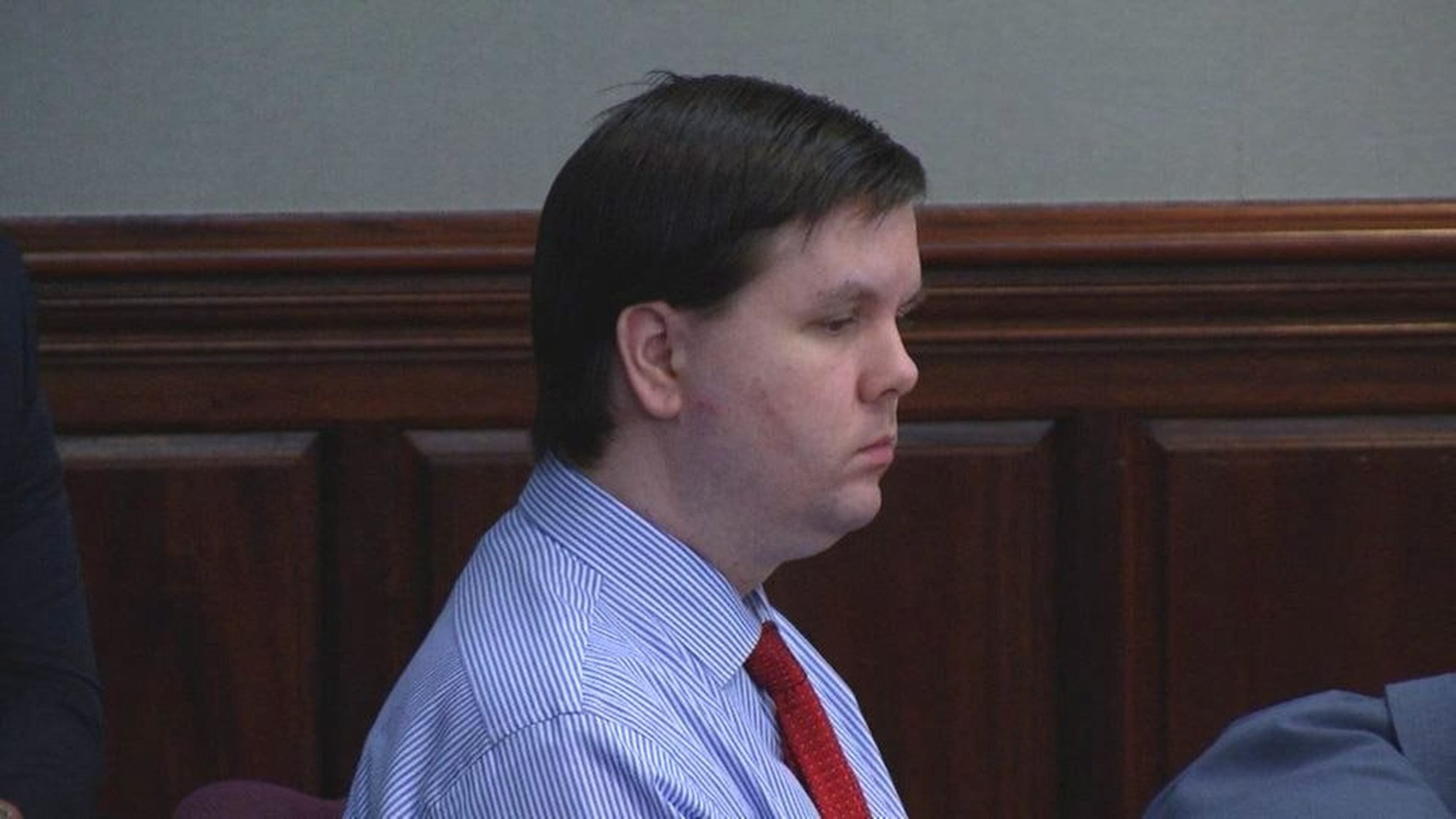Ross Harris must choose whether to testify as murder trial nears end

Testimony in the Justin Ross Harris hot-car murder trial could wind up on Friday, provided Harris doesn't elect to take the witness stand in his own defense.
Before the trial adjourned early Thursday, lead defense attorney Maddox Kilgore told Superior Court Judge Mary Staley Clark it was unlikely Harris will take the stand. But the attorney also said the defense team would meet with the defendant later in the day before making a final decision.
Under the law, the defendant gets to decide whether he or she testifies. If Harris does choose to testify, it's a safe assumption he would be on the witness stand for a number of days.
Friday would mark the 21st day of testimony in the trial, which moved to Brunswick after Staley Clark determined a fair and impartial jury could not be selected in Cobb. Jury selection began on Sept. 11 and opening statements were delivered Oct. 3. The trial had to recess several days for Hurricane Matthew.
Cobb County prosecutors contend that Harris intentionally left his son to die in a hot car on June 18, 2014, while the defense has maintained it was a horrible accident.
If testimony ends Friday, the defense and the prosecution would give their closing arguments on Monday. That would be followed by Staley Clark’s directions on how jurors must apply the law to the case. This means the jury could begin its deliberations as early as Monday afternoon.
Before court adjourned Thursday, an expert on memory and attention testified that what happened when Ross Harris left his son Cooper in his overheated SUV is not unusual when compared to other hot-car death cases.
Gene Brewer, an Arizona State University psychology professor, was called by the defense to explain to jurors how it’s possible for parents to forget their children in their cars because of failures in memory.
“Even under the best situations, the best circumstances, there’s still going to be failures,” Brewer testified. “And even in cases as tragic as this one, it’s still something that happens. There’s nothing unique about this case as relative to the other cases where this has happened.”
Brewer made a point to tell jurors, “I certainly can’t know what Ross was thinking” on the morning of the incident.
But he said he had driven the route Harris took from Chick-fil-A to his office parking lot on the morning of June 18, 2014. There were a number of distractions — such as a U-turn Harris had to make in busy traffic — that could have made him forget what he needed to do, Brewer said.
Brewer said memory lapses often occur when there is a break in routine. Harris, for example, often drove from eating breakfast or lunch at Chick-fil-A and Publix on a route down Cumberland Parkway to his office. “That’s a well-worn path,” Brewer said.
On the morning of Cooper’s death, Harris took his son for breakfast at Chick-fil-A. He then drove the usual route he took to work instead of taking a left on Paces Ferry Road to the Little Apron Academy daycare. That was a break from his usual routine, Brewer said.
Prosecutors have presented testimony that shows if Harris did actually forget Cooper was in the car, he forgot it about a minute or two after strapping Cooper in his car seat.
Brewer said this is not unusual, using the example of a person watching TV, then going to get something to eat out of the refrigerator but forgetting what they wanted by the time they got there.
“This type of memory failure can happen on the order of seconds,” Brewer said.
Lead prosecutor Chuck Boring challenged Brewer’s assertion that there was “nothing unique” about Harris’ case.
During this case, Harris returned to his car during the middle of the day and tossed light bulbs in his car, Boring said. He also was exchanging messages with an unknown woman on Whisper and wrote, shortly before putting Cooper in his car seat, “I love my son and all but we both need escapes.”
Brewer acknowledged that he was unaware of anything like that happening in other cases.


